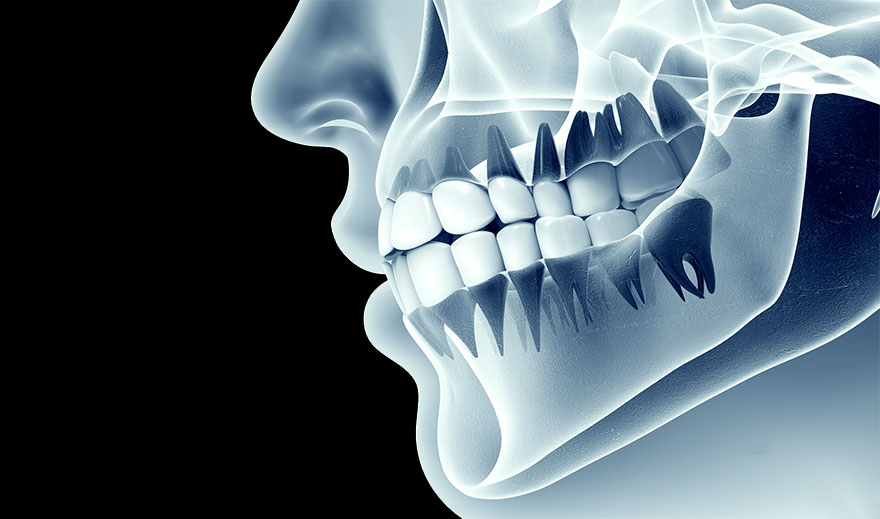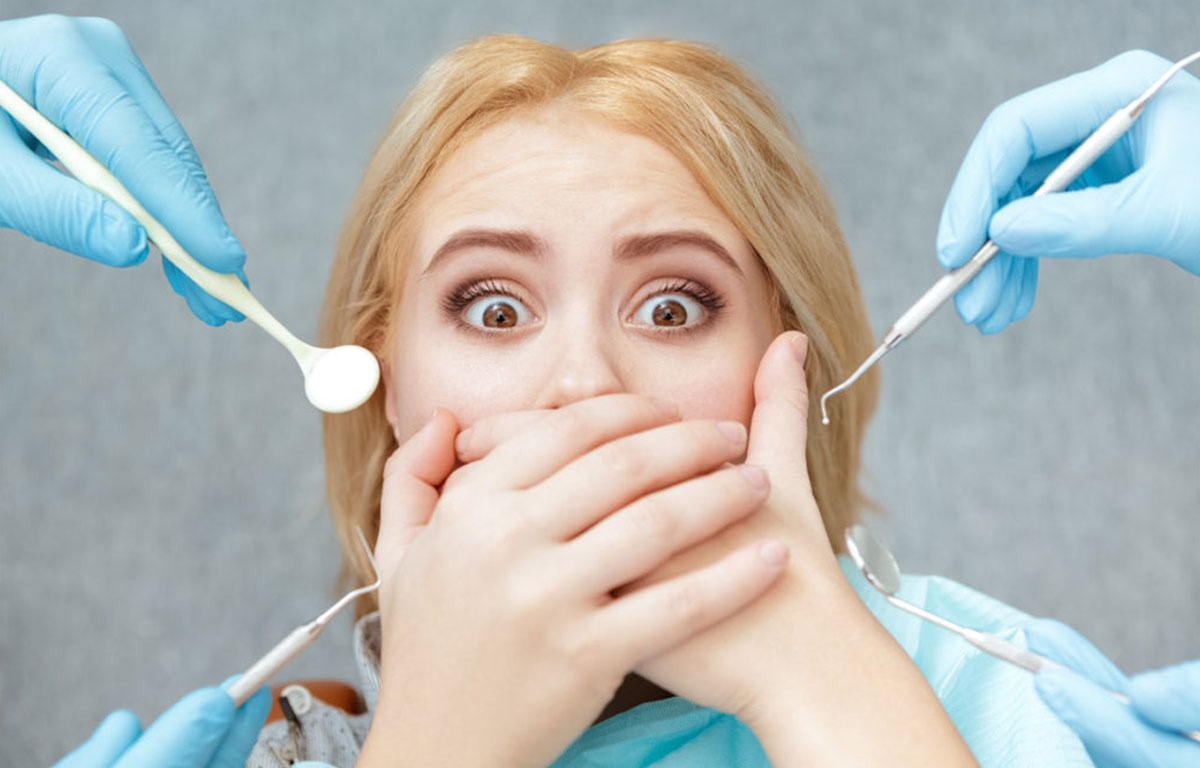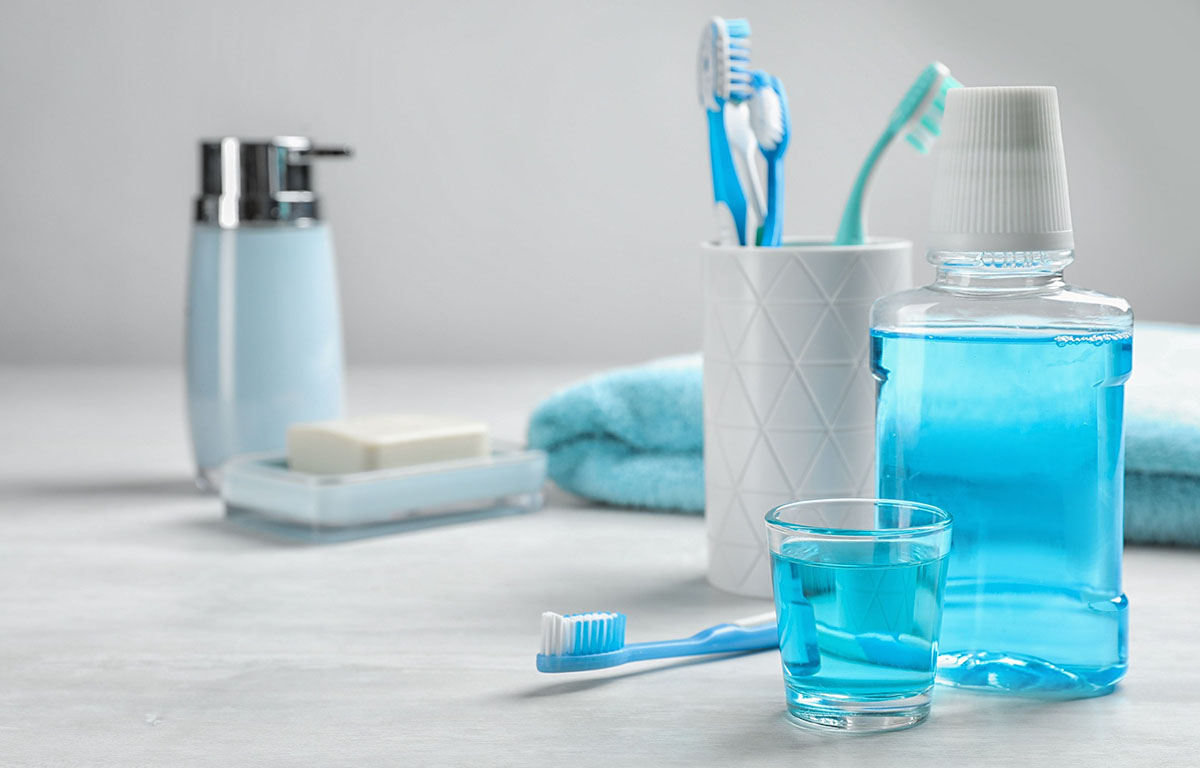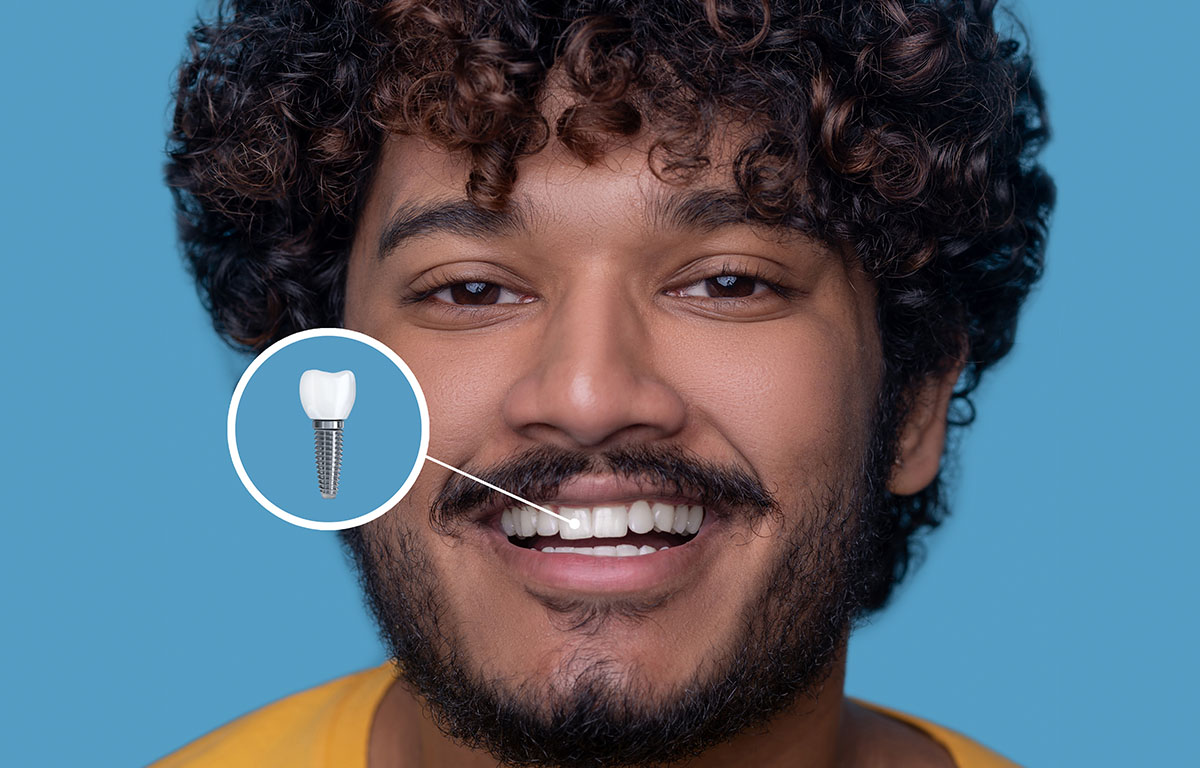
X-rays at Antalya Dental Hospital, Turkey
X-rays: What Are They, Benefits and Cost
Why would I need an x-ray?
Early tooth decay does not tend to show many physical signs. Sometimes the tooth looks healthy, but your dental team will be able to see from an x-ray whether you have any decay under the enamel, any possible infections in the root, or any bone loss around the tooth.
X-rays can help the dental team to see in between your teeth or under the edge of your fillings. Finding and treating dental problems at an early stage can save both time and money.
In children, x-rays can be used to show where the adult teeth are and when they will appear. They are also used in the same way for adults when the wisdom teeth start to come through.
How often should I have x-rays?
If you are a new patient, unless you have had dental x-rays very recently, the dental team will probably suggest having x-rays. This helps them assess the condition of your mouth and to check for any hidden problems. After that, x-rays may be recommended every 6 to 24 months depending on the person, their history of decay, their age and the condition of their mouth.
Who do the x-rays belong to?
X-rays are an essential part of your health records. If you are entitled to copies of your records, you may have to pay for these copies. If you change dentists, your x-rays and records will not usually be needed by your new dentist. However, if they are important, your new dental team will let you know. They will either ask for your permission to send for them, or ask you to fetch them yourself.
What will an x-ray show?
X-rays can show decay that may not be seen directly in the mouth: for example, under a filling, or between the teeth. They can show whether you have an infection in the root of your tooth and how severe the infection is.
In children an x-ray can show any teeth that haven’t come through yet, and show the dental team whether there is enough space for the teeth to come through. In adults, it can show any impacted wisdom teeth that may need to be removed, before they cause any problems.
Are x-rays dangerous?
The amount of radiation received from a dental x-ray is extremely small. We get more radiation from natural sources, including minerals in the soil, and from our general environment.
With modern techniques and equipment, risks are kept as small as possible. However, your dental team will always take care to use x-rays only when they need to.
Should I have an x-ray if I’m pregnant?
You should always tell your dental team if you are pregnant. They will take extra care and will probably not use x-rays unless they really have to, especially during the first three months.
What types of x-rays are there?
There are various types of x-ray. Some show one or two teeth and their roots, while others can take pictures of several teeth at once. The most common x-rays are small ones, which are taken regularly to keep a check on the condition of the teeth and gums.
These show a few teeth at a time, but include the roots and surrounding areas. There are large x-rays that show the whole mouth, including all the teeth and the bone structure that supports the teeth. These are called panoramic x-rays.
There are also medium-sized x-rays, which show either one jaw at a time, or one side of the face. There are also electronic ‘imaging’ systems in use today. These use electronic probes instead of x-ray films and the picture is transmitted directly onto a screen.
Why does the dentist leave the room during an x-ray?
The dental team might take hundreds of x-rays every week. Staff limit the amount of radiation they receive by moving away from the x-ray beam. However, the risk to patients from one or two routine x-rays is tiny.
Staff check how much radiation they are exposed to by wearing a small badge during working hours. This is sent off to be checked at regular intervals.
Need more advice?
If you need free and impartial advice about your oral health, contact our Antalya Dental Hospital Helpline by email or call +90 242-999-1227 (local rate call in the Turkey).
Our Antalya Dental Hospital Helpline is completely confidential and has helped almost 20,000+ people. Contact our experts by telephone, email or online enquiry, Monday to Friday, 08:00 - 18:00.
Frequently Asked Questions About Dental Health
FAQs
Our FAQs are the most commonly-asked questions put to our Dental Helpline over the last year. If you have a question for us, you can ask our Dental Helpline by telephone or email. Alternatively, please take a look at our library of oral health information, which contains a wide range of oral health advice in an easy-to-understand Q&A format.
There are special toothpastes for people who smoke. They are sometimes a little more abrasive than ordinary toothpastes and you should use them with care. Your dental team may recommend that you use these toothpastes alternately with your usual toothpaste. There are several ‘whitening’ toothpastes on the market. Although they do not affect the natural colour of your teeth, they may be effective at removing staining, and therefore may improve the overall appearance of your teeth.
It is best to discuss this with your dental team first, but you could take your baby to your own routine check-ups. This can help the baby to get used to the surroundings. Your dental team will be able to offer advice and prescribe medicines for teething pains, and will be happy to answer any questions you may have. The baby’s own check-ups can start any time from about 6 months or from when the teeth start to appear.
Bulimia is a condition where patients make themselves sick so that they lose weight. Because there are high levels of acid in the vomit, this can cause damage to tooth enamel.
Acids produced by the stomach can come up into the mouth (this is called gastro-oesophageal reflux). People suffering from hiatus hernia or oesophageal problems, or who drink too much alcohol, may also find they suffer from dental erosion due to vomiting.
If part of the wisdom tooth has appeared through the gum and part of it is still covered, the gum may become sore and perhaps swollen. This is called ‘pericoronitis’. Bacteria and bits of food can collect under the gum edge, and it will be difficult to clean the area properly.
This is a temporary problem that can be dealt with by using mouthwashes, special cleaning methods and possibly antibiotics. If the problem keeps coming back, it may be better to have the tooth removed.
Your Best Smile Starts Here
Follow along as Antalya Dental Hospital expert dentists share the latest oral health trends that impact you and your family’s overall health. Dentistry and Oral Health Blog is a rich source of information about dentistry, dental care, tips, news and more. Subscribe to our blog, newsroom and social media.







